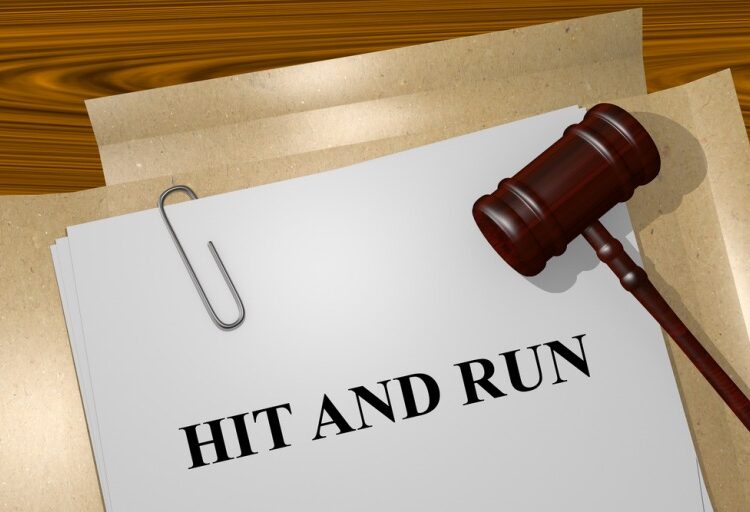Hit-and-run accidents are among the most serious motor vehicle offenses, carrying substantial legal consequences. This type of incident occurs when a driver is involved in an accident, whether it results in property damage, injury, or death, and fails to stop and provide contact information or aid to the other party.
The reasons behind fleeing the scene can vary, but the repercussions are invariably significant, impacting not only the victims but also the perpetrators who leave the scene. Understanding these consequences is crucial for any driver.
Immediate legal obligations after an accident
In the immediate aftermath of an accident, all parties involved are legally required to stop at the scene. This obligation holds regardless of who is at fault. Drivers must exchange contact and insurance information, and if there are injuries or significant property damage, the police must be notified. Failing to fulfill these duties can lead to a hit-and-run charge, which carries far more severe penalties than what might stem from the accident itself.
Criminal charges and penalties
The severity of criminal charges in hit-and-run cases depends on the nature of the accident. If the incident only resulted in property damage, the offense might be deemed a misdemeanor, which can lead to fines, potential jail time, and probation. However, if the accident caused injuries or fatalities, felony charges are likely. Felonies carry harsher penalties, including longer prison sentences, higher fines, and more lasting effects on the driver’s criminal record.
Impact on driver’s license
Drivers convicted of a hit-and-run face not only immediate legal penalties but also long-term consequences regarding their driving privileges. Many states impose automatic suspension or revocation of the driver’s license for those found guilty of leaving the scene of an accident. This loss of driving privileges can last from several months to a few years depending on the severity of the incident and the driver’s previous record.
Civil liability
Apart from criminal penalties, a driver who commits a hit-and-run may also be subject to civil litigation. Victims of the accident can sue for damages, which might include medical expenses, lost wages, and repair costs for damaged property. In cases involving fatalities, families of the deceased may seek compensation for wrongful death. Significantly, in civil court, the fact that a driver fled the scene can be seen as evidence of negligence or guilt, potentially increasing the damages awarded against them.
Insurance consequences
Insurance implications following a hit-and-run can be severe. Many insurance policies contain clauses that substantially increase premiums or deny coverage for accidents where the insured driver is charged with a hit and run. Additionally, insurers may refuse to renew a policy once it expires if the driver has been convicted of such a serious driving offense.
Psychological and social consequences
The repercussions of a hit-and-run are not solely legal or financial. Drivers who flee the scene might face social stigma and personal guilt, which can manifest in psychological issues such as anxiety and depression. The moral burden of having left someone potentially injured without assistance can lead to long-lasting emotional distress.
Role of legal assistance
Given the complexities and serious repercussions associated with hit-and-run cases, legal representation is crucial. An experienced hit and run accident attorney can provide essential guidance through the legal process, from negotiating with insurance companies to defending against criminal charges in court. Their expertise can be pivotal in mitigating the consequences faced by the driver and ensuring that their rights are protected throughout the judicial proceedings.
Preventative measures
To avoid the severe consequences of hit-and-run incidents, drivers are encouraged to take preventative measures such as driving attentively and responsibly. Understanding and adhering to local traffic laws can prevent accidents from happening in the first place. Additionally, being prepared with the right knowledge and tools to handle an accident appropriately can prevent panic-driven decisions to flee the scene.
Conclusion
The legal consequences of hit-and-run accidents are extensive and serious. They can range from criminal charges and civil liability to significant insurance and social repercussions. For drivers, the best course of action is to stay informed about the legal obligations and potential consequences of traffic accidents.
For those involved in such incidents, securing competent legal representation is essential to navigate the complexities of the law and mitigate the potential penalties. Understanding these aspects can greatly reduce the likelihood of compounded legal troubles following an accident.




